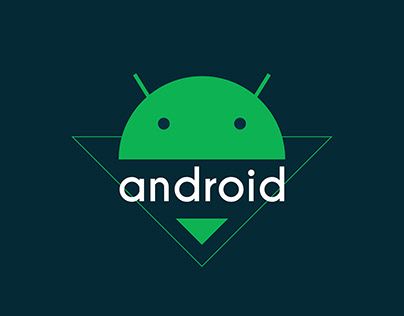In the booming world of mobile applications, Android remains a dominant platform with billions of users worldwide. As a result, Android development has become a popular and in-demand career. But not all Android developers are created equal. There is a clear distinction between just being an Android developer and being a good Android developer. This blog explores the key differences that set the truly skilled professionals apart from the rest.
1. Understanding vs. Mastery of Core Concepts
-
Just an Android Developer: Knows how to use Android Studio, can build simple apps using XML layouts, activities, and basic components. They rely heavily on online tutorials and often follow code without fully understanding it.
-
Good Android Developer: Has a deep understanding of the Android SDK, activity lifecycle, fragments, ViewModels, and architectural components. They not only know how things work but also why they work that way.
2. Code Quality and Maintainability
-
Just an Android Developer: Writes code that works—but often lacks structure, readability, or scalability. Troubleshooting can be difficult due to poor coding practices.
-
Good Android Developer: Writes clean, modular, well-documented code following industry standards (e.g., MVVM, SOLID principles). They use version control effectively and ensure their code is easy to maintain and debug.
3. Use of Modern Tools and Libraries
-
Just an Android Developer: May stick to outdated practices or avoid using new libraries due to lack of exposure or fear of complexity.
-
Good Android Developer: Embraces modern tools like Jetpack Compose, Kotlin Coroutines, Room, Hilt for dependency injection, and Retrofit for networking. They keep up with the latest Android development trends and best practices.
4. UI/UX Awareness
-
Just an Android Developer: Can build a user interface, but it may not be optimized for performance, responsiveness, or accessibility.
-
Good Android Developer: Designs user-friendly, responsive, and accessible interfaces that enhance the user experience. They understand Material Design principles and apply them consistently across the app.
5. Performance and Optimization
-
Just an Android Developer: Often overlooks app performance, leading to slow load times, memory leaks, or battery drainage.
-
Good Android Developer: Understands performance metrics and proactively optimizes code, layouts, and background tasks. They use tools like Android Profiler and LeakCanary to monitor and improve performance.
6. Testing and Debugging
-
Just an Android Developer: Relies heavily on manual testing and often neglects writing tests.
-
Good Android Developer: Practices Test-Driven Development (TDD) and writes unit tests, UI tests, and integration tests. They use tools like Espresso and JUnit to ensure their code is reliable and bug-free.
7. Problem Solving and Autonomy
-
Just an Android Developer: Depends heavily on others for problem-solving and often follows pre-written solutions from forums without adapting them.
-
Good Android Developer: Solves problems independently, researches effectively, and adapts solutions to fit the project’s needs. They think critically and innovate when facing development challenges.
8. Team Collaboration and Communication
-
Just an Android Developer: May work in isolation and struggle with communicating ideas or feedback.
-
Good Android Developer: Works well in a team, communicates clearly with designers, testers, and other developers. They contribute to code reviews and are open to constructive feedback.

